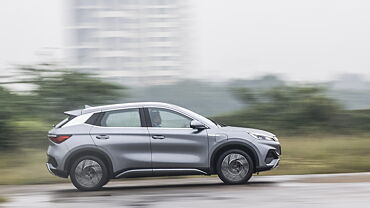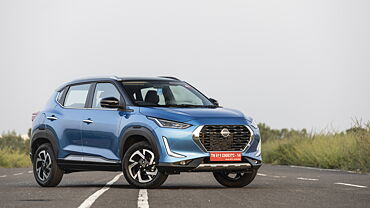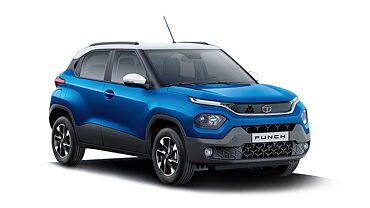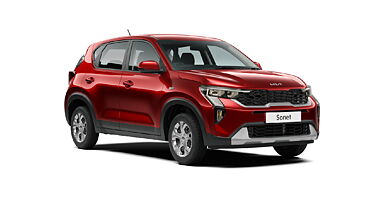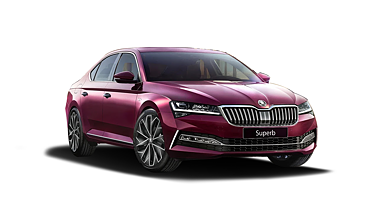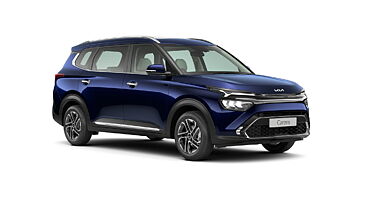Indian car owners are in a fix regarding, which secondary fuel option is better among the two - CNG or LPG. The petrol powered motor vehicle owners are usually the ones who are willing to switch to a secondary fuel alternative, owing to the ever increasing fuel prices and diminishing mileage ratings. Hence, the environment friendly CNG and LPG fuels come to their rescue and offer a cheaper option as well.
The demand for secondary fuel kits is mostly greater among the car owners residing in big metropolitans and cities, as against those who live in small towns. The bottom line is that CNG and LPG kits are advisable to those car owners who travel a lot on a routine basis, like daily commuting. As per reports, driving a car on CNG fuel helps one to considerably reduce expenses to Rs. 2.65 per km, as against Rs. 7.65 per km while using petrol.
At present, the CNG fuel is available in most Indian cities and towns, besides being usually preferred over LPG by the domestic car owners. As per the Centre for Science and Environment India study conducted in the year 2010, some 150 to 200 Indian cities will have CNG gas filling stations by 2014 and some 58 lakh CNG-run vehicles will be plying on local streets by the end of 2020. Interestingly, LPG filling stations are limited in the country, which makes CNG option better as a secondary fuel.
Studies have found that running a vehicle on CNG results in an inferior engine performance and slow pick up of the vehicle, as compared to when petrol is used, instead. On other hand, the engine output and performance is found to be comparable between a LPG-run and petrol powered vehicle, which seems great in terms of driveability quotient. It is also a valid point that using secondary fuel kits result in loss of available boot space, since both LPG and CNG kits occupy most of the storage area. Hence, in order to avail the low expenses on fuel, one will have to compromise on the boot space.
Evidently, using CNG and LPG fuels allow motor vehicle owners to considerably cut down their travel expenses, as compared to using conventional petrol and diesel fuels. CNG is preferred over LPG, owing to its cheaper price, while the latter might appeal to the performance oriented owners. Both CNG and LPG are cleaner fuels and their usage results in both monetary savings and a greener environment.



